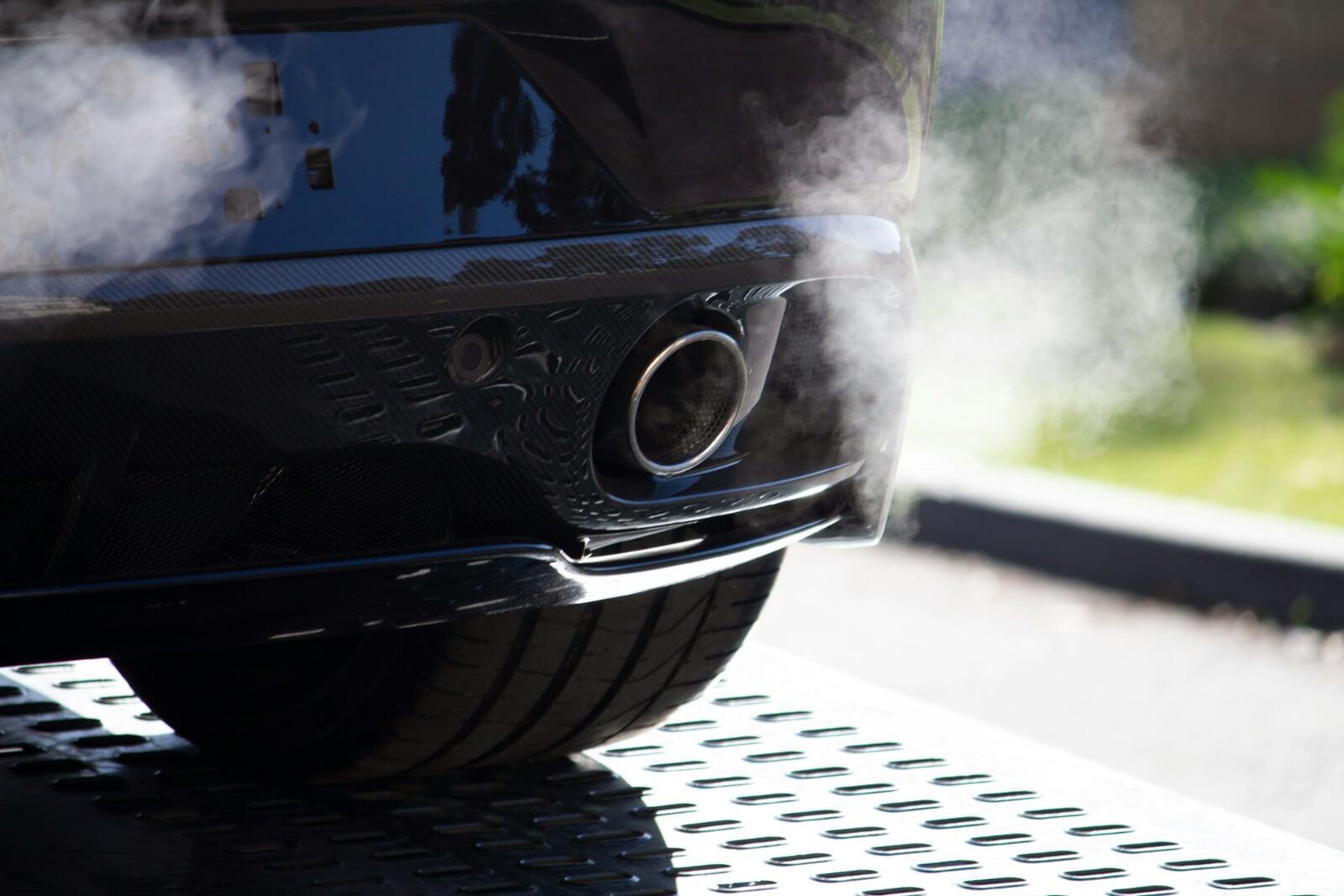A new wave of vehicle emissions regulations are set to reshape the car and van market in the UK and across Europe. Known as Euro 7, these standards don’t just tighten the rules for petrol and diesel engines — they also bring electric vehicles (EVs) into scope for the first time.
That means changes not just for vehicle manufacturers, but for businesses running fleets and private drivers too. Here’s what you need to know.
Euro 7: A broader approach to emissions
Unlike previous Euro standards that focused almost entirely on tailpipe emissions, Euro 7 sets out to tackle pollution from every part of the vehicle — including brakes, tyres, and batteries. For the first time, the rules apply to all powertrains, including internal combustion, hybrids, plug-in hybrids, and fully electric vehicles.
What’s changing under Euro 7?
Here are the key developments under the new rules:
- Tyre and Brake EmissionsEVs may not produce exhaust fumes, but they do emit fine particles from brake dust and tyre wear — especially given their typically higher weight. Euro 7 introduces limits on these non-exhaust emissions, recognising their impact on air quality and microplastic pollution.
- Battery Durability Testing for EVsElectric vehicles and plug-in hybrids will need to meet new minimum standards for battery life:
- At least 80% of original capacity after 5 years or 60,000 miles
- At least 72% after 8 years or 100,000 milesThis adds a layer of assurance for both fleet operators and private buyers considering long-term EV investments.
- Stricter Long-Term ComplianceEuro 7 doubles the required durability of emissions systems. Vehicles must now meet standards for 10 years or 200,000km (around 124,000 miles), up from five years under Euro 6.
- Real-World Testing ConditionsEmissions testing will now cover a wider range of conditions, including short trips and extreme temperatures (up to 45°C), to better reflect how people actually drive.
When will Euro 7 be introduced?
The regulations will come into force in two key phases:
- 29 November 2026 – Any new car or van model launched from this date must meet Euro 7 to gain type approval and be sold in the EU/UK.
- 29 November 2027 – From this point, all new cars and vans on sale, including existing models, must be Euro 7 compliant or be withdrawn from sale.
- Different rules and dates will apply to heavy vehicles like trucks and buses, which are being phased in separately.
What does Euro 7 mean for EVs?
EVs have always been seen as the clean option — and rightly so, with zero tailpipe emissions. But Euro 7 changes the narrative: it recognises that sustainability is broader than what comes out of the exhaust.
By regulating brake and tyre particulates, enforcing battery standards, and demanding longer-lasting performance, Euro 7 brings a more holistic view of what it means to be a clean vehicle.
For EV buyers, that means:
- More robust battery standards for long-term confidence
- Greater transparency from manufacturers
- An evolving definition of “zero-emission” that includes whole lifecycle impact
What Euro 7 means for drivers?
For individuals considering a switch to electric, Euro 7 offers added peace of mind. Knowing that batteries will be tested and held to performance guarantees makes EV ownership more predictable and less risky.
For those staying with petrol or diesel in the short term, it’s worth being aware that vehicle options may narrow after 2027 as manufacturers focus their attention — and R&D budgets — on compliant or electric-only models.
How Euro 7 affects business fleet planning
Whether you're managing a company fleet or choosing your next personal vehicle, Euro 7 represents a shift toward higher standards, greater transparency, and cleaner performance — across all vehicle types.
And while these changes are still a year or two away, the impact will be felt sooner as manufacturers adapt their ranges and phase out non-compliant models.
At Vehicle Partners, we help businesses stay ahead of these changes — with expert guidance on vehicle choice, funding options, and the right time to transition to electric. If you want to understand how Euro 7 might affect your future fleet decisions, we’re here to help you cut through the complexity and make the right move. Just call us today on 01785 713657


